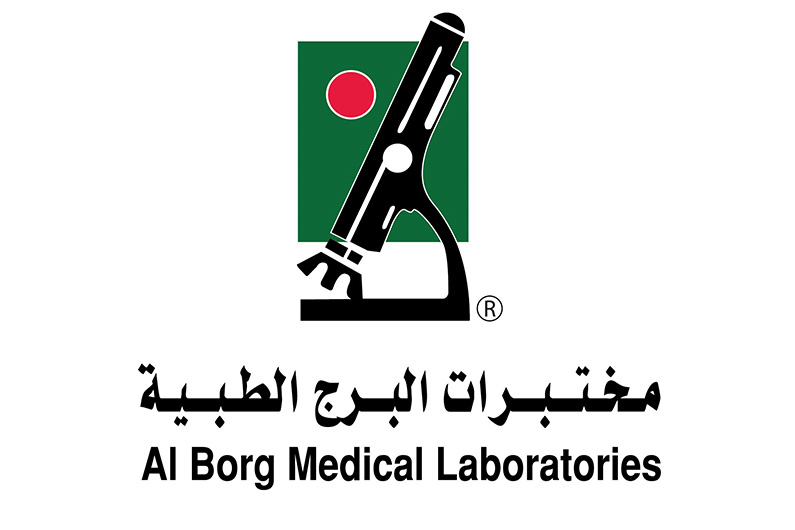
Al Borg Medical Laboratories Provide Special Offers for Prostate Cancer Tests
Prostate cancer is the eighth most dangerous cancerous tumors causing death in Saudi Arabia, and there are inaccurate statistics indicating the emergence of 500 to 800 new cases a year, mostly in advanced and incurable stages. Prostate cancer is considered the most common tumor in men over 50 years of age in the United States, Europe and Scandinavian countries, and it is considered one of the top tumors causing death after lung and colon tumors in the United States; as it affects one in every five men and its mortality rate is within 3%. This cancer is present in about 30% of men without any clinical symptoms after exceeding 50 years of age, as shown by several anatomical tests on men died due to diseases unrelated to this tumor, and the diagnosis rate has increased to about 80% after the age of 85.
Proceeding from its excellence and leadership in community service, Al Borg Medical Laboratories announced the provision of special offers to their clients on laboratory testing programs to detect prostate cancer.
The Medical Director of Al Borg Laboratories, Dr. Hisham Maher, explained: Many prostate cancer patients (30%) do not show symptoms or signs and their disease is only detected in advanced cases, where the tumor has grown or moved to other organs in the body; and there are other patients, who show symptoms and signs such as: The presence of blood in the urine or semen, the need to urinate, especially at night, pain during urination, weakness in the urine stream, and constant pain in the lower back and upper thighs. These signs may be mixed and become similar with the same symptoms complained by the patient suffering from chronic prostatitis or Benign Prostatic Hyperplasia (BPH).
He added that early detection of the disease is the most important factor for its treatment, with God's help; therefore, a globally recognized annual program is developed to conduct regular detection and examination on men for the purpose of early detection of prostate cancer. This program is represented in regular rectal examination conducted by the doctor for every man exceeding fifty years of age. Despite the simplicity of this examination, it only requires a few minutes and does need any devices or the like; however, we find a lot of elderly do not adhere to this examination out of modesty.
Dr. Hisham Shams Maher noted the importance of lab tests which consist of a blood test to measure the Prostate-Specific Antigen (PSA) for those who exceeded 50 years of age; as recommended by the American Urology Association, or those complaining about symptoms of urinary retention and those who decide to undertake the tests to detect prostate cancer. If its level increases, this indicates the presence of infection, benign hyperplasia or cancer in the prostate gland; and it is necessary to conduct the lab tests annually; its increase from the normal level is an initial indication of the likelihood of suffering from prostate cancer, infection or benign hyperplasia. Whereas the second test is represented in the urine test, which helps in detecting or denying some of the signs that indicate the presence of any infection occurring in the urinary tract.
Both tests do not provide definitive diagnosis in case of prostate cancer, God forbid, but give the doctor a strong motive to run other tests in the event that one or both tests are unusual; afterwards, the doctor resorts to taking biopsies from the prostate using ultrasound to prove or deny the disease.
It is best to run the PSA test if you have some symptoms that may indicate the presence of infection, benign hyperplasia or cancer in the prostate gland such as difficulty in urination, pain when urinating, frequent urination, presence of blood in the urine, speed or pain of ejaculation, pain in the back and hips, or lower abdomen. In the absence of symptoms, you can consult your doctor about running a blood test to measure the Prostate-Specific Antigen (PSA) and take the proper decision to undertake the test. There are notes and precautions that must be taken into consideration if you decide to conduct a blood test to measure the Prostate-Specific Antigen (PSA), in order to obtain accurate results from the test and they are as follows: You should not be suffering from an inflammation or infection in the urethra before the test, and refrain from sexual intercourse in the 48 hours prior to the test. You must not also play sports or exert effort fiercely in the 48 hours prior the test, and a (biopsy) sample must not have been taken from the prostate during the 6 previous weeks prior to the test.


























